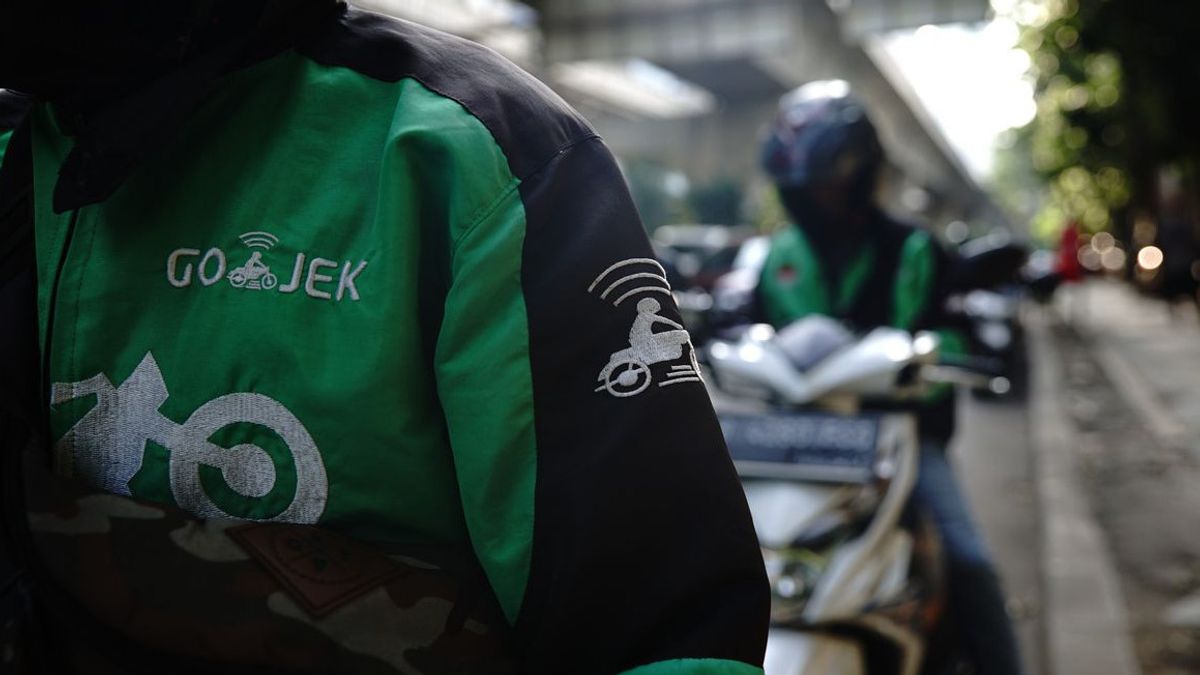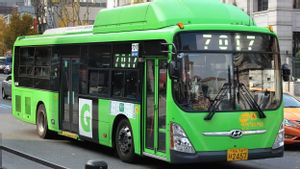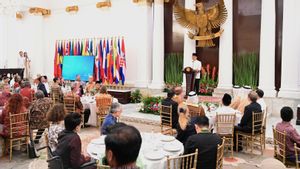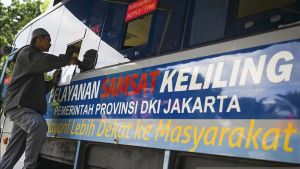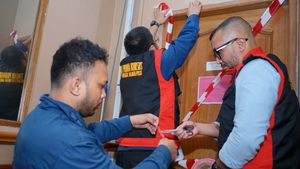JAKARTA - The implementing management for the Pre-Employment Card program revealed that two unicorn startup companies refused to become partners with the pre-employment card. The two companies are Gojek and Traveloka.
Denni Puspa Purbasari, Executive Director of Implementing Management for the Pre-Employment Card Program, revealed that at the beginning of the preparation of the Pre-Work Card program, the government had invited several startups such as Bukalapak, Tokopedia, Gojek, Traveloka and others.
Denni explained that the initial goal of the government to cooperate with the startup as a partner was to learn about mobile business.
However, said Denni, the two refused to join the other eight platforms on the grounds that the business being run by Kartu Prakerja was not in line with the core business they had developed.
"Gojek and Traveloka said 'we haven't entered yet.' They had an assessment and they said that the Pre-Work Card is not part of their business platform. It is not their core business," Denni said in a video conference with the theme 'Pre-Employment Cards: You Ask, We Explain', Wednesday , April 29th.

The government currently provides more than 2,055 trainings that can be attended by 233 institutions through eight platforms that are partners for the Pre-Employment Card program. The eight pre-employment card partners are, Tokopedia, Ruangguru, What to Learn, Bukalapak, Pintaria, Pijar Mahir, and Sekolahmu and Kemenaker.go.id.
Denni also explained that the government does not make appointments or auctions with digital platforms that are members of the Pre-Work Card partners. According to him, the form of the eight platforms was purely joined by a form of cooperation.
"Regarding these eight, the discussion has been since 2019. So this is not coercion," he explained.
According to Denni, when inviting the digital platform, the discussion between the government and the company started from the findings of the problem of why the quality of workers in Indonesia is lacking and needs to be improved. One of the results is a lack of interest among workers to develop themselves by attending training.
Then, said Denni, another problem that arose was that the government saw information asymmetry. That is a condition that occurs when one party to a transaction has more or better information than the other party. That is what makes the government choose to develop digital training.
"People can easily choose, compare to get the right training information. That's why the digital path is taken," he explained.
Currently, the government provides more than 2,055 trainings that can be attended by 233 institutions through eight partner platforms. The number of applicants for pre-employment cards reached 8.6 million as of Tuesday, April 28. Where in batch one there were 168,111 participants who passed and 288,154 participants passed the second batch of Pre-Employment Cards.
The English, Chinese, Japanese, Arabic, and French versions are automatically generated by the AI. So there may still be inaccuracies in translating, please always see Indonesian as our main language. (system supported by DigitalSiber.id)
